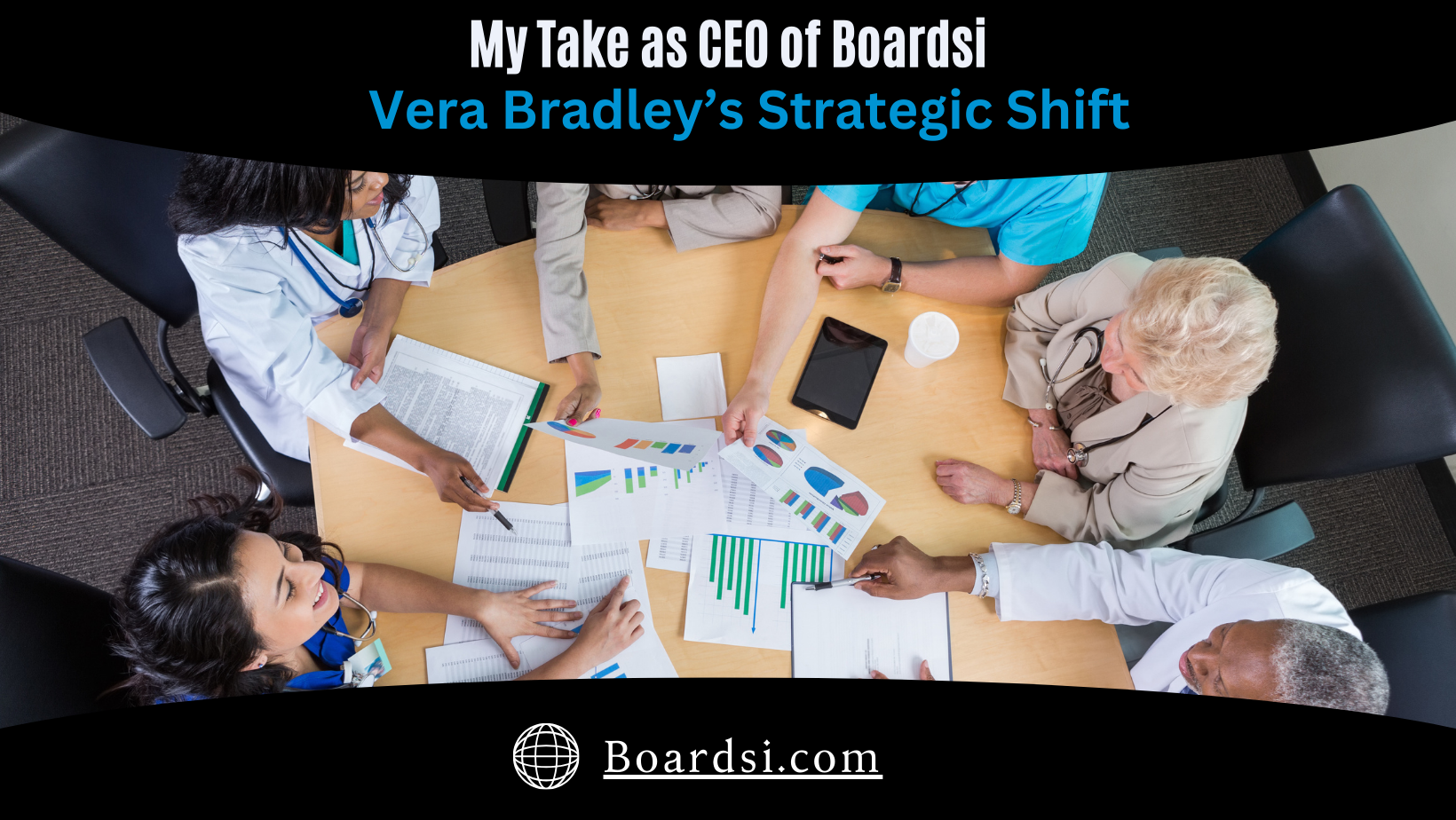Public speaking isn’t an easy thing for every leader, but you have to conquer the fear factor if you’re planning to represent a business. By focusing on your passion for going into business, sharing authentically, and continuing to practice being in front of a room full of people every chance you get, you’ll be a pro at it in time.
Every C-Level executive and department head has been there before, including the experts from Fast Company Executive Board. Below they offer some practical advice on how to move past the hurdle of anxiety when speaking publicly.
1. PRACTICE, PRACTICE, PRACTICE.
Practice, practice, practice—until you are seeing the message, brand, and key content in your dreams. Be authentic as a leader. Do not try to adopt a communication style that is unnatural. Tell real customer or employee stories that articulate your message. Do not be afraid to hire a coach, take a class, or get more formal training. – Paola Doebel, Ensono
2. TALK ABOUT WHAT YOU KNOW.
Do this one thing every time: Always talk about what you do know and never talk about what you don’t know. It will never fail you. By doing this, you’ll reach a level of comfort and ease knowing it will translate to a more confident level of your expertise and rapport when interacting with the media. – Kevin Neff, Kevin Makes Sense Media
3. FIND A COACH.
Speaking publicly, especially when you’re not just representing yourself but also your brand, is extremely challenging. It is also a cultivated skill. If you need to overcome the fear of public speaking, working with a business psychologist can help. If you want to hone your presentation skills, sign a contract with a speech or performance coach. Seek out the expertise you need to feel confident. – Camille Preston, AIM Leadership, LLC
4. PARTNER WITH A PR AGENT.
Partnering closely with a public relations partner is helpful. An organization’s PR team fully prepares a leader for an external-facing event and ensures conditions for success. – Britton Bloch, Navy Federal
5. TREAT IT LIKE A ONE-ON-ONE CONVERSATION.
I remember in school and all the way through college freezing up and feeling like I would never be good at public speaking. As I got older and gained confidence and authority, it became easier. The key for me is to stay transparent and treat every speaking engagement as a conversation. Try not to think about who is watching, how many people are watching, or how many will watch it in the future. – Martin Rowinski, Boardsi
6. SHARE YOUR STORY AUTHENTICALLY.
Speak from your heart. Do not focus on what other people will think about what you have to say, but rather focus on how you can inspire others with your story. At the level of the brain, stories help us relate and connect better with others. In fact, storytelling synchronizes the brain activity of the teller and the listener, making it more memorable for the listener. – Andreea Vanacker, SPARKX5
7. GET YOUR FEET WET THROUGH A PODCAST.
I think that podcasts are a great way to cut your teeth with media exposure, especially if you are going to want to do larger, more visible channels in the future. A short podcast interview can help you fine-tune your talking points, fine-tune your messaging, hone in your tone, and get comfortable with hearing your voice on the air. – Christopher Tompkins, The Go! Agency
8. START SMALL.
A good way to start overcoming your fear of dealing with the media or public speaking is to take small steps. Start by engaging with lower-stakes media opportunities, such as contributing to industry blogs or speaking at local events. As you build your confidence, you can take on more high-profile engagements. Soon enough, you’ll have the skills needed to engage with high-profile publications. – Syed Balkhi, WPBeginner
9. DO A MOCK INTERVIEW.
Identify the key messages that best tell your brand story and practice until you are confident speaking about them in front of a group. This can be done by conducting mock interviews with your staff. You can even record a run-through, going back and watching the footage as a way to identify areas of improvement. – Kelley Higney, Bug Bite Thing
10. REMEMBER YOUR ‘WHY.’
Remember why you started. Use the passion you have for your company to guide your talking points, and be sure you can clearly explain the impact your services can have on a client. By staying true to the values and vision of your work, you can authentically engage with your audience. – Hannah Fryer, Brambling & Co, LLC
11. LEARN HOW THE MEDIA WORKS.
The media wants to see some originality in a guest. They want to hear unique opinions. They may also just want you to offer support for an opinion they already hold. But most of all, they want a conversation that will entertain their viewers or readers. As long as you balance giving them what they want with giving their audience what you want to say, dealing with the media can be a snap. – Barry Fiske, Merkle
12. REMEMBER THAT YOU’RE THE EXPERT.
Say to yourself, “A stage is just a stage. I am who I am.” When speaking, especially as an entrepreneur or C-level executive, it’s important to remind yourself that you are the expert! This is your brand and your company. More than anyone, you are the person who should be representing your work, beliefs, and strategies. Allow yourself and the audience to see the real you. – Brandon Pena, BrandON Media Group
13. RECORD YOURSELF.
I learn the most when I watch or listen to my own talk. Start recording yourself as you practice, listening and watching thoroughly to identify areas that you need to work on. – Steven Moy, Barbarian
14. LEARN BREATHING TECHNIQUES.
Figure out what scares you the most. Are you scared because you are afraid to say something wrong or because you know you are not a good speaker? In any case, my advice is to practice. Public speaking is just another skill that can be developed. Prepare thoroughly for your first ten or even twenty engagements and learn a few breathing techniques to calm your anxiety down. – Solomon Thimothy, OneIMS
15. PUT IN THE WORK.
When it comes to public speaking, I really love this saying by Ralph Waldo Emerson: “That which we persist in doing becomes easier to do, not that the nature of the thing has changed but that our power to do has increased.” The only way to get good at something and overcome your fear of it is to do it repeatedly until you hone it as a skill. The best speakers have put in their 10,000 hours in spite of their fear. – Tyrone Foster, InvestNet, LLC









